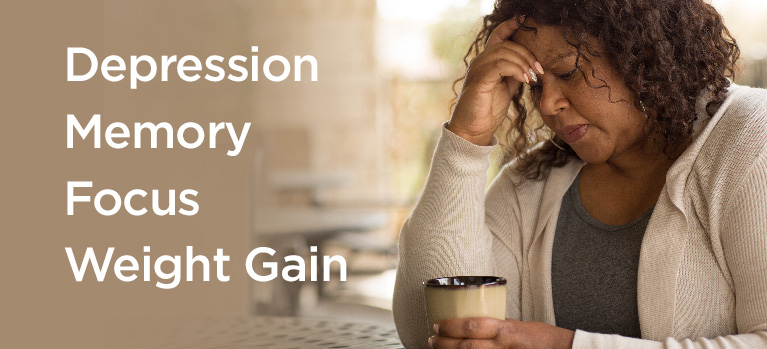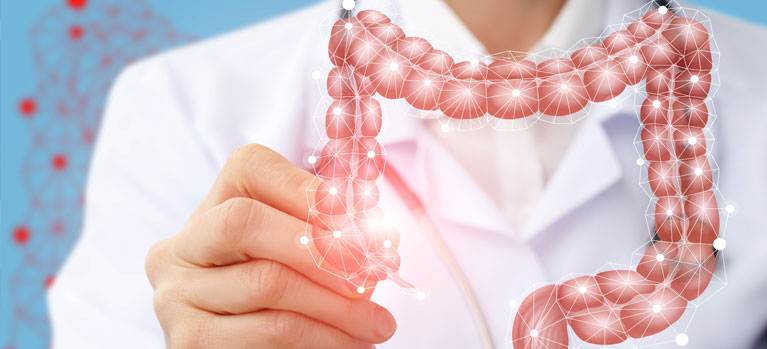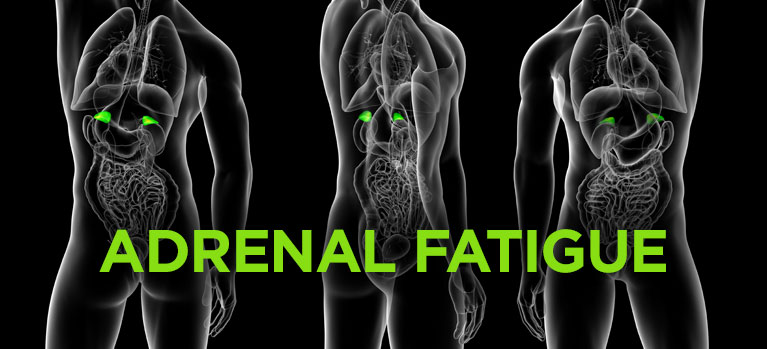So, what do you really know about vitamin B12 deficiency? Fatigue is the most common symptom of people who have low levels of vitamin B12. But fatigue by itself, can be a sign of almost any health condition — or just that you haven’t been sleeping enough! Other signs of B12 deficiency include confusion, cognitive impairment, unsteady gait, numbness, tingling and fatigue.
What Causes B12 Deficiencies?
Vitamin B12 deficiencies may happen when you aren’t getting the right nutrients in your diet, when your body can’t absorb nutrients properly, and when you have various other problems of the digestive system.
Since most B12 in our diets comes from animal products, vegans are at risk for B12 deficiency. Furthermore, Crohn’s and celiac disease, weight loss surgery, and chronic alcoholism can all interfere with a person’s ability to absorb enough of the nutrients they need. Actually, seniors have more problems with nutrient absorption and malnutrition as well.
In fact, vitamin B12 is a critical nutrient that helps your body make healthy red blood cells. If you have a chronic lack of B12, your body can’t make the amount of red blood cells that it needs, which can lead to anemia.
Is B12 Deficiencies Treatable?
Most people with vitamin B12 deficiencies have a mild problem. But in some cases, vitamin B12 deficiency can have serious consequences. You can develop mental problems, including confused thinking, memory loss, and dementia, which in some serious cases can be irreversible. Low levels of B12 can also cause nerve damage and anemia and weaken your bones.
What Are The Best Natural Sources of Vitamin B12?
Animal products like meat, poultry, and seafood, and dairy foods like milk, eggs, yogurt, and cheese are the best sources of vitamin B12. In fact, honey, vegetables, and fruits are not really sources of vitamin B12, which is why people who follow a vegan diet may not get enough of it. If you’re a vegan, think about eating a breakfast cereal fortified with B12. To add to it, you can also take a B12 supplement, which is recommended for pregnant and nursing mothers who are vegans or even strict vegetarians.
Please note, sometimes B12 deficiency is caused by conditions other than diet. If your body can’t absorb B12 properly, you’ll need a doctor’s help to boost your B12 to safe levels.
In this case, describing your symptoms to your doctor may give him a clue that you could have low levels of vitamin B12. But you’ll need blood tests to confirm it. Some people can easily fix low levels of B12 by simply changing their diet, while others will need a doctor’s help.
What’s Best For YOU?
All of these drugs can interfere with your body’s ability to break down vitamin B12 from food.
For some people, taking a vitamin supplement or eating more animal products (or both) can help boost their B12 levels back to where they should be. But other people may have a severe deficiency or may have an underlying health condition that causes their B12 to drop.
Doctors can treat a B12 deficiency in several ways. If your symptoms are mild or moderate, you may start with an oral B12 supplement, which you take once a day; a vitamin B12 nasal spray used weekly; or vitamin B12 injections, which you need less frequently. Check out our products >
What’s Next?
First, give us at New Leaf Wellness a call to assess your symptoms and determine next steps. If you would benefit from some lab work to check your vitamin deficiencies, we can help you with next steps! Call today to get started to living your best life!


















